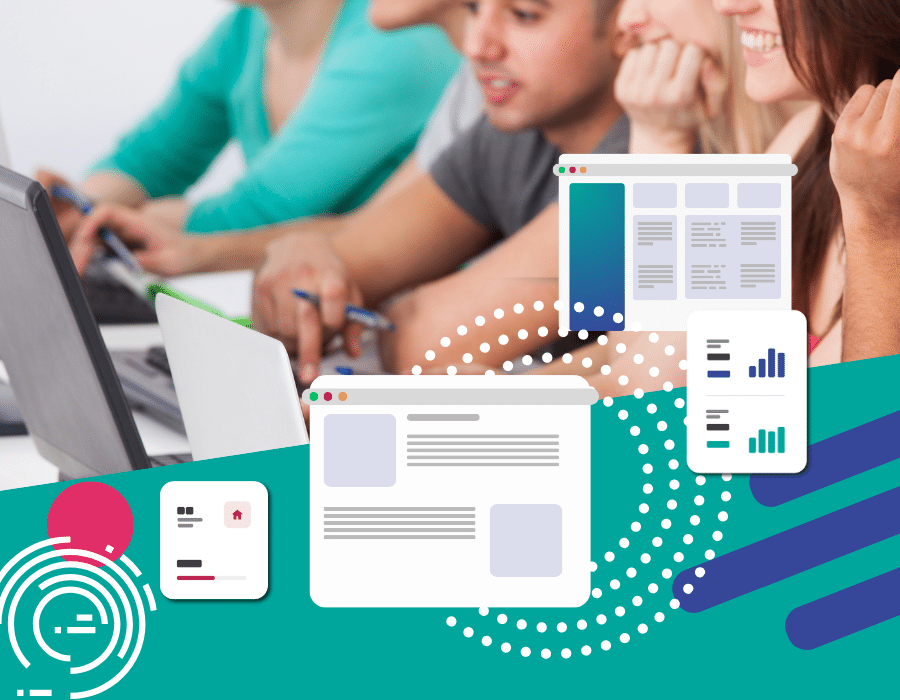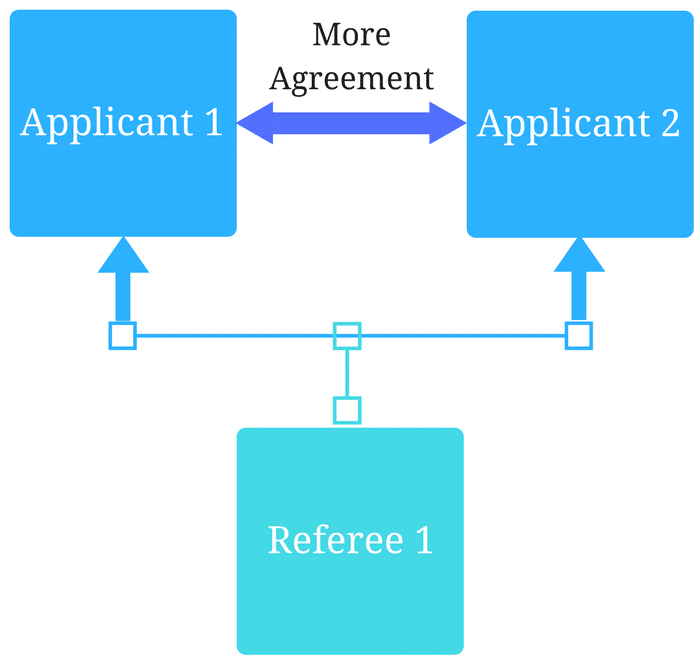Preparing Students for a World Shaped by AI

August 29, 2024
Artificial intelligence is quickly becoming a big part of our everyday lives. From smart home devices, advanced medical diagnostics, and even automated financial services – AI is everywhere.
As AI continues to evolve and spread across different industries, it’s vital for students to learn how to adapt. To stay ahead, they need to understand AI and know how to use it effectively.
This week on the Holistic Success Show, we welcomed Dr. Kelly Dore, VP of Science and Innovation at Acuity Insights, and adjunct professor at McMaster University.
Dr. Dore is a PhD researcher with a background in cognitive psychology and higher education. This week, she joined Anju to chat about ways to prepare students for a world increasingly shaped by artificial intelligence.
What skills should educators focus on for an AI-driven future?
In recent years, generative AI has touched every industry, dramatically transforming how we study and work. While the emergence of AI may change the nature of many jobs, these jobs won’t necessarily disappear. This means higher education institutions need to rethink the skills taught. Traditionally, there has been a heavy focus on knowledge and technical skills, but as technology evolves, so must our approach.
Dr. Dore highlights the importance of “durable skills,” or human skills such as critical thinking, resiliency, communication, teamwork, and leadership. These skills enable students to adapt to the rapidly changing landscape of AI and take advantage of new opportunities.
Students must be prepared not only for specific careers but also for the flexibility to transition across different roles and industries.
How can AI literacy be integrated into curricula without overwhelming students and faculty?
Integrating AI literacy into curricula is a challenge because the field changes so quickly. The first step is acknowledging that students are already engaging with AI. Schools should provide a structured framework for its use, teaching students when and how to use AI appropriately.
For administrators, the key is to provide support and resources to help faculty incorporate AI into their teaching. This might involve using AI to generate supplementary materials or creating AI tutorial bots to assist students.
Universities should foster communities of practice where faculty can share successful strategies and learn from each other.
Are certain programs more suitable for AI integration?
AI literacy is essential not just in fields like engineering and computer science, but across all areas of study.
For instance, in the arts, AI can help with creative processes and literature reviews. In the sciences, it can make experiments and data analysis more efficient. The aim is to use AI to improve learning and make tasks easier in every program.
What role does ethical training play in AI education?
Ethics are crucial when it comes to AI education, which is why Dr. Dore emphasizes the need to teach students how to critically evaluate AI outputs and recognize biases and inaccuracies.
Colleges and universities should create ethical AI frameworks to guide how AI tools are used. This means protecting data privacy, being transparent, and ensuring everyone has fair access to AI resources.
How can partnerships enhance AI education?
Partnerships between schools and tech companies can give students real-world experience and keep courses up-to-date with the latest industry trends.
Dr. Dore points out the benefits of bringing together academia and industry. These collaborations can spark innovative research and better prepare students for the changing job market.
Key Takeaway
AI is changing the world, and education needs to keep up. By focusing on essential skills, teaching AI thoughtfully, addressing ethical issues, and building industry partnerships, we can get students ready for a future shaped by AI.
Starting with small steps and creating a supportive community will help both students and teachers navigate this new landscape successfully.
Subscribe to the Holistic Success Show to hear more inspiring stories and innovative approaches in the world of education.
Related Articles

How interviews could be misleading your admissions...
Most schools consider the interview an important portion of their admissions process, hence a considerable…
Reference letters in academic admissions: useful o...
Because of the lack of innovation, there are often few opportunities to examine current legacy…
